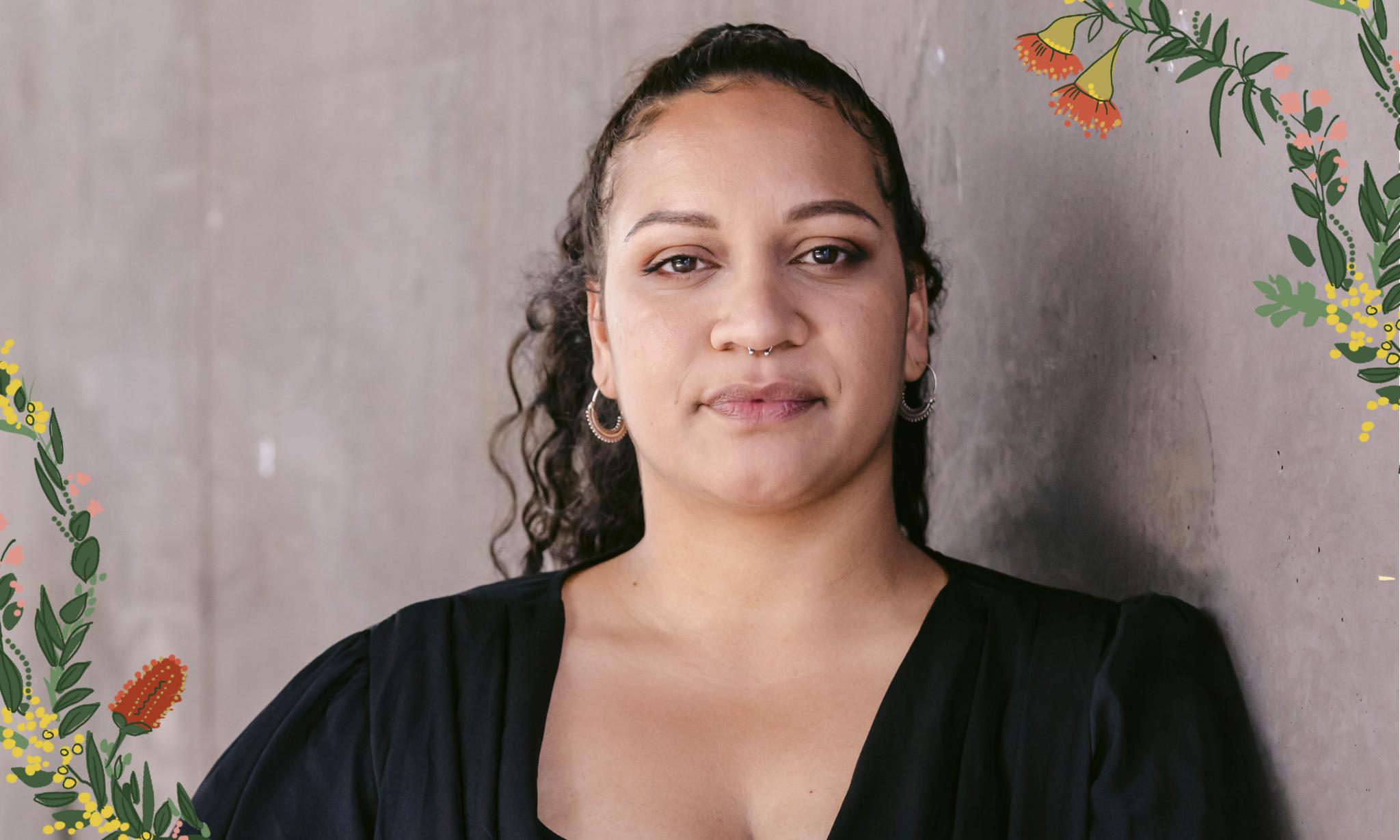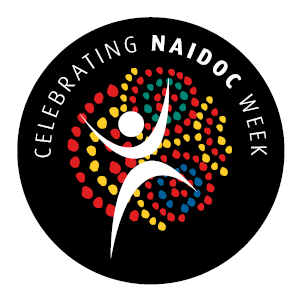Murrawah Johnson

Murrawah Johnson is a Wirdi woman from the Birri Gubba Nation. Murrawah holds connection to Wangan and Jagalingou Country as a Wirdi Traditional Owner, and is also proud of her ties to Kangalou, Kullilli and Iman Peoples. Since being asked at the age of 19 by her Elders in their Traditional Owners Family Council to be a voice of young people and future generations, she has shown her commitment to Country, culture, justice and a strong self-determined future for her people.
Murrawah is now an established Aboriginal rights advocate, and has worked on Aboriginal rights litigation in the Federal Court and Supreme Court of Queensland; lobbying State and Federal governments, and international financial corporations; and building First Nations campaign capacity to represent on critical human rights, environment and climate change issues.
In 2016, she was nominated by famed activist and author, Naomi Klein, for the Grist 50's List of the world’s top "movers and shakers". In 2017 she was named Young Environmentalist of the Year by the Bob Brown Foundation; received Ngara Institute's Inaugural Activist of the Year; was Youth Keynote Speaker to the National Native Title Conference, celebrating 25 years of Mabo, and, at 21, was the youngest Traditional Owner to present to the Senate Inquiry into Native Title Amendments.
She has co-authored submissions to UN agencies and rapporteurs on human rights breaches and built research and policy agendas. She also works on community-level Indigenous and climate justice strategies and has facilitated First Nations solidarities in the CANZUS countries which includes Canada and the United States of America (Turtle Island), Australia and Aotearoa/New Zealand.
As the youth spokesperson for the Wangan and Jagalingou Family Council, Murrawah was at the forefront of the fight against the Adani coal mine. Now she is a co-director and First Nations Lead for Youth Verdict, a small organisation using legal pathways to advocate for First Nations Human Rights and climate action.
Murrawah has collaborated with the Environmental Defenders Office, who are a non-profit, non-government community legal centre dedicated to protecting the environment through providing access to justice, running litigation and leading law reform advocacy.
Murrawah, as the Youth Verdict First Nations Lead and Co-Director, was involved in the historic Land Court case against the southern hemisphere’s largest new proposed coal mine - Waratah Coal’s Galilee Coal Project. Youth Verdict objected to Waratah Coal's Project under legislation such as the Environmental Protection Act (1994) and the Queensland Human Rights Act (2019). This case centred First Nations witnesses and their human right to culture and publicly highlighted the impact climate change is already having on Aboriginal and Torres Strait Islander people in Queensland.
In a powerful and precedent-setting decision, the President of the Land Court recommended that the mining lease and environmental authority applications be refused by the relevant Ministers. This was a 'clean sweep' victory for Murrawah and the Youth Verdict and Environmental Defender’s Office teams. The recommendation was based on the mines' contributions to climate change, its impact on the environment and the unjustifiable limitations placed on the human and cultural rights of Aboriginal and Torres Strait Islander peoples and others, including young people and their right to life.
This was the first time a court has ruled against a mining approval on climate change grounds and the climate impacts on First Nations cultures. Murrawah laid the groundwork for the success of the case through her co-design of a First Law Protocol, established in collaboration with the Environmental Defender’s Office, which has since become a blueprint for ways the court should hear and consider First Nations evidence in line with the Queensland Human Rights Act (2019).
The First Law Protocol resulted in the Land Court hearing First Nations evidence on-Country for the first time ever, elevating the weight given to First Nations evidence in objections to new fossil fuel projects. The Court now treats that evidence as a form of expert knowledge. The impacts of this case for broader Indigenous rights, environment and climate movements are still being processed and this case is likely to have generational ramifications for future fossil fuel projects happening on Aboriginal land.
Murrawah continues to work tirelessly using media and legal platforms to highlight the impacts of climate change on First Nations peoples. She has also worked to platform other First Nations community leaders, 'passing the microphone' to the witnesses in the case and getting their cultural knowledge on record. She did all this while starting her own family, giving birth just a week before she fronted a press conference for the first hearing of the case in April 2022.
Murrawah is a staunch, dedicated and principled advocate and campaigner for First Nations rights. Her work fighting fossil fuels projects, as a major contributing factor to disastrous climate change, is grounded in her own connection to Country, culture and family. She is an inspirational role model for Aboriginal and Torres Strait Islander peoples and the broader Australian community.
Video created by Blacklock Media.
